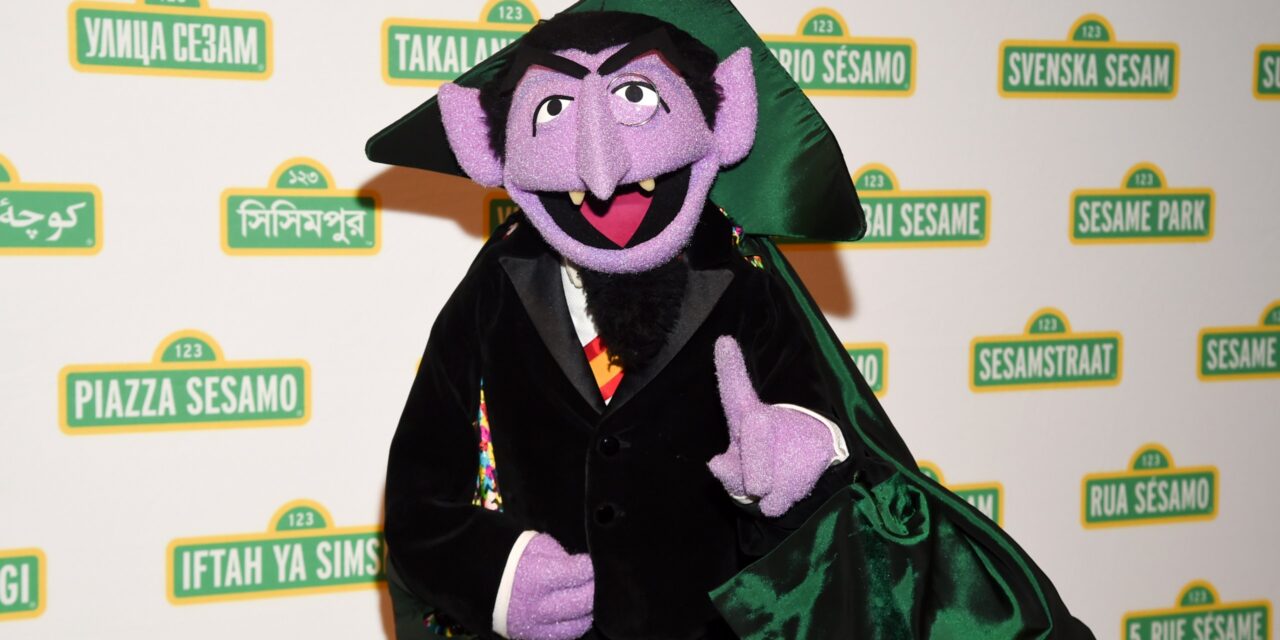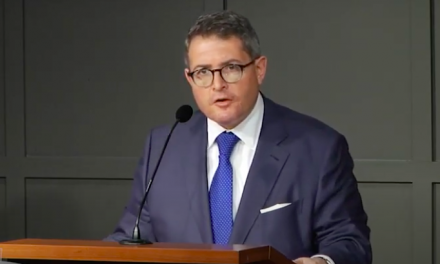Back in 2023, I asked how Sesame Street was ever tolerated. At its inception, in 1969, it promoted a racially integrated America at a time when much of the Deep South was still bucking that idea. As I discovered while researching that piece, the truth is that Sesame Street was barely tolerated. In the broader scheme, public radio and television has barely been tolerated throughout the entire existence of the Corporation of Public Broadcasting. And now the CPB is officially dead.
From the beginning, the Corporation and its main partners, PBS and NPR, had to labor under restrictions imposed by the Public Broadcasting Act of 1967 which required them to operate with a “strict adherence to objectivity and balance in all programs or series of programs of a controversial nature.” For conservatives, almost everything is “controversial.” That idea that white supremacy and racism are bad was certainly controversial with them in 1969, and after more than a half century of broadcasting, they appear nearly as controversial today. The current administration is renaming military bases after Confederate soldiers and asking professional sports teams to reestablish offensive Native American mascots. Can they really be expected to tolerate Ken Burns’ documentaries involving the settlement of the West or the history of race in baseball? Of course not.
All of it had to be shut down.
The problem began, I believe, with the war in Iraq. From about that time, we’ve seen the conservative movement take real offense at factual, objective reporting that runs counter to what Republican leaders present to the public. It obviously ramped up when Donald Trump took over the party. Just this week, Trump fired the head of the Bureau of Labor Statistics for the sin of accurately reporting a slowdown in hiring since he was inaugurated in January 2025. When labor statistics are controversial, pretty much everything is too controversial to be objectively reported in a balanced way.
For years we’ve seen NPR, in particular, struggle to avoid the death sentence it received this week. They’ve done this by bending over backwards to include conservative voices that were simply lying. They’ve done it by trying to balance reporting on bad things Republicans have done by finding non-equivalent examples of Democrats misbehaving. But, as infuriating as these practices may have been, they were kind of demanded under the law.
And, if you don’t buy that, well look at the results. Even with these efforts, they were nuked out of existence for being too biased against conservatives.
The idea that we could have a non-partisan public media that enjoyed bipartisan support always depended on some kind of agreement on basic facts. Once that agreement fell completely apart, it was only a matter of time before the conservatives decided that public media was inherently to their disadvantage and must be destroyed.
Of course, things are even worse than this. American conservatism has mutated into fascism, and so now the big corporate media operations have to pay Trump millions just for the right to operate. They no longer can control who they put on the air. Critics of Trump are not allowed.
A lot of Trump’s voters will suffer when their local PBS and NPR stations close down and can no longer serve basic functions like warning about dangerous weather events. But that’s okay with Trump because they’ll be even less apt to hear something on television or radio that contradicts his outlandish claims.
Looking back, it’s a bit of a miracle that public broadcasting made it through the Nixon administration, let alone survived for more than half a century. The dream that opened in the 1960’s of a fairer and more inclusive America has closed and died.
It calls to mind, Robert Hunter of the Grateful Dead’s words in the song Stella Blue:
It all rolls into one
And nothing comes for free
There’s nothing you can hold
For very long
And when you hear that song
Come crying like the wind
It seems like all this life
Was just a dream








As we discussed on the podcast, NPR news so thoroughly discredited themselves with their “BoTh SiDeS dO iT/ bUt WhAtAbOuT” bullshit that erstwhile supporters like me stopped listening.
What’s really sad is that I tuned in briefly yesterday, and they were still doing the “both sides” thing. I think it was Scott Simon, droning on about “some people say this, but others say that,” like HAL in “2001” singing “Bicycle Built for Two” as Dave dismantles him. Maybe they could have Jonah Goldberg on again to comment on NPR’s overall performance, as they did for Joe Biden.
I haven’t listened in years, but I feel bad for those who still do. However, I do not feel bad for the rural voters who voted for this, and wish them nothing but the worst.
Great call brining in HAL..